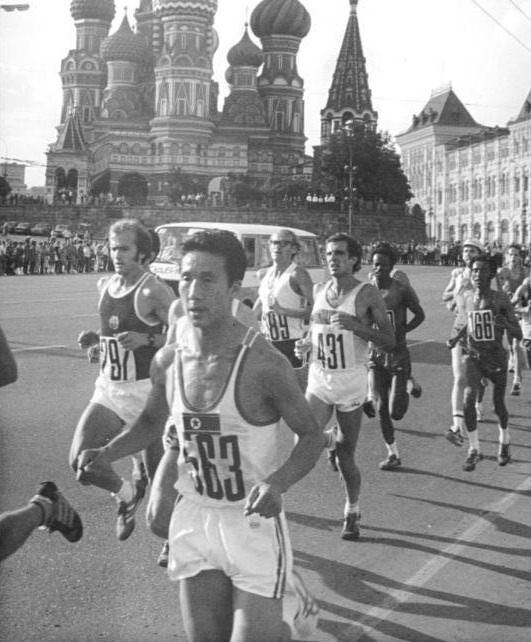Russia is the largest country in the world, spanning over 17.1 million square kilometers in landmass, with roughly 144.5 million in population. Furthermore, Russia is one of the most famous countries that we know of today.
Their official language is Russian, but there are other languages in various regions across the land. Russia has a lot of historic structures, which helped them to develop their culture and tradition. One thing is for sure that this country has a lot of exciting features that might catch our interest.
Moreover, let us look further back in their history and see – what was life in Russia during the 80s?
Era of Stagnation
The Era of Stagnation started in 1964 during the leadership of Leonid Brezhnev and continued for decades until 1982. This era marked a significant hardship during the 60s, 70s, and early to mid-80s. For Brezhnev, he believed that his term is a period of developed socialism and an era of advancement. However, contrary to the belief of Brezhnev, the Soviet leader Mikhail Gorbachev thinks otherwise. Gorbachev is the person who coined the term “Era of Stagnation” used to describe the difficulties during the rule of Brezhnev, economically, politically, and socially.
After the death of Brezhnev in 1982, Yuri Andropov succeeded him in his leadership.In a short time, Andropov died in 1984 due to kidney failure, and that is when Konstantin Chernenko succeeded him as Soviet leader. Chernenko pretty much continued the policies developed by Andropov, although because of an unfortunate turn of events, he died a year later in 1985 due to heart failure.
During these times in the 80s, the Soviet Union continued to experience economic difficulties caused by the era of stagnation and the consecutive deaths of the Soviet leaders. Several factors contributed to the economic stagnation of the Soviet Union, and one main reason is the expenditure of the armed forces. During the rule of Brezhnev, there is a significant prioritization for the military expansion over consumer goods. This decision greatly impacted the economic growth of the Soviet Union, which led to destabilization.
However, in 1986, Gorbachev rose to power as the last leader of the Soviet Union, which ended the era of stagnation. The period of Gorbachev consists of reforms with the support of the Communist Party, which reconstructed the economy and government of the Soviet Union. These small steps introduced by Gorbachev gradually improved the economic, political, and social status of the Soviet Union, which ended its era of stagnation.
Russian Culture
During the 80s, Russia has a developing culture and slowly adapting to other countries’ arts and industries.
The 80s life in Russia is very typical – disregarding the political aspects of the country. During the 80s, people usually go out for various activities, sports, parties, school, and work. Despite the economic struggle that the government was facing, people used to go out to a disco – which is a new thing in the 80s. Furthermore, another part of the Russian culture is their commonly held arm-wrestling tournaments.
Interestingly, the Russian musical culture has advancements as well in the 80s. Several Russian bands came into the scene, mainly the famous thrash-metal band Corrosion of Metal, while the Russian film industry is hanging by a thread during the 80s. During this time, the Russan filmmakers have the liberty of expressing themselves, although it was not enough for them to earn a profit. One major factor that hinders the Russian filmmakers is the drastic drop in state subsidies. This significant loss resulted in fewer films created.
Moreover, one major event in 1980 is the Summer Olympics held in Moscow, Soviet Union. The 1980 Summer Olympics was the first Olympic games held in Eastern Europe, after winning a bid against the United States. The offer goes in favor of the Soviet Union with a score of 39 votes, while the United States proposed Los Angeles with only twenty votes. Eighty countries participated in the Olympic games with the absence of the sixty-six countries due to the Soviet-Afghan War emerging at that time. The Summer Olympics was one of the most iconic events in the 80s of Russia. Furthermore, the Soviet Union accumulated the most number of gold medals and overall medals. There are also many stories and tales in Russia that are interesting to learn about. One of these is the fish scale embroidery done by the Lipovans. If you are curious what it is and who they are, read our article, What Secrets Does the Lipovans’ Fish Scale Embroidery Reveal About Russia’s Old Believers?
To understand the roots of Russia’s complex history, discover why Ivan IV earned the moniker Ivan the Terrible in our detailed post. This insight sheds light on the historical backdrop that influenced life in Russia during the 80s.
